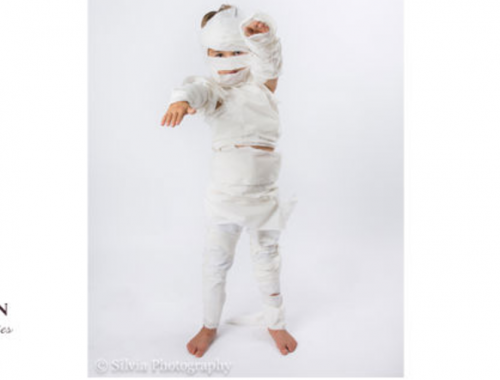Daylight Savings always messes up our kids’ schedules! To help households get ready for the change and keep the daily schedules moving smoothly, we’ve compiled a few tips to make the transition a bit smoother. Good luck! (ps. Spring is just around the corner. Kindof).
1. Reset your clocks early in the weekend. Change your clocks on Saturday morning rather then waiting until Sunday. Doing this early in the weekend will take one thing off your plate for the day and allow you and your family to adjust to the change. This is also beneficial as the work and school week begins, as it will help with the overall sleeping patterns of your family.
2. Prepare your young kids for the adjustment. It may be easy for adults and older children to adjust to losing an hour of daylight and gaining an hour of sleep. For younger children, this change can be more difficult. Something you can start early in the week is to push your kids to stay up later or to change your clocks back about 15 minutes each day – this will allow for a smooth adjustment not only for your kids but will give you time to adjust as well.
3. Check or replace smoke, carbon monoxide and natural gas alarms. Are you one of those people with many disconnected smoke alarms after burning toast a few too many times? Daylight savings is a great reminder to check the batteries and functionality of your home safety detectors. Make sure you have full batteries in your devices and that you are using the best product on the market to keep your family safe.
4. Try to absorb as much natural light as possible. Once we fall back an hour we tend to miss out on all the natural light that occurs during the day. Remember that it is important for your body and mind to absorb as much natural light as possible to generate vitamin D. Absorbing the light will help to avoid the ‘winter blues’ and just put you in an overall better state of mind and body.
5. Reset your timer lights on your home. Make sure your lights are not set to come on while its still light out to save on electricity and ensure potential thieves know if you are out of town. This is a good time to remember to set your timers so that your lights come on earlier as is gets dark earlier – you don’t want to find yourself arriving home to a dark house.
6. Winter car emergency kit. How many of you have you have been stuck on the side of the road with an immobile car? (It’s even scarier with kids). Be car smart and prepare for the worst. The whole family can be involved in thinking about what is important to have in your vehicle should you find yourself stuck in cold weather and likely bored waiting for help. Think about warmth, hydration and things to keep busy while someone is on their way to save the day!
7. Home disaster supply kit. This is a worst-case scenario, but with global warming, our weather patterns are certainly becoming more challenging. As the snow blows in and the temperature drops, it is important to make sure your house is prepared. We have some great suggestions for What to Keep in your Emergency Kit.
Babies and Daylight Savings:
Babies can have a difficult time adjusting to time changes. These tips are written based on a baby or child who goes to bed at 7pm and wakes at 7am.
Option 1 – Cold turkey: On the evening of the time change – put your baby/child to bed at the normal time (7pm) and before you go to bed move all of your clocks back by one hour.
Set your alarm clock or your child’s alarm clock if they use one to their normal wake up time (7am for example). Initially their body will think that it is 8am so they may wake early. It can sometimes take a day or two – but then they will be fine.
Stay on the new time all day – don’t make adjustments for the time change or try and compensate for the extra hour – keep all naps according to the new time and at the regular normal time.
Keep all meals/feeds on the new time and at the regular normal time.
Put your child to bed at their normal bedtime on the Sunday evening (7pm) even though it may feel like 8pm to them.
Option 2: Gradual
You can do a gradual approach 2 ways –
1) On the Saturday night that the clocks are going to change – put your child to bed 30 minutes later than normal bedtime (7.30pm) and then 30 minutes later the next night (7.30pm new time)
2) On the Thursday night on the build up to the time change make small changes of 15 minutes later each night. (7.15pm/7.30pm/7.45pm/8.00pm) – then the 8pm will be 7pm once the clocks have gone back.
Along with the time changes come shorter days and longer nights – or so it appears. You may be tempted to put your baby or child to bed earlier as it feels natural to put them to bed when it is dark. Don’t give into this temptation.
Pin It!!







r0jtae
hkeiii
d1cm3b
syxk3l
2ysl29
5ow1wv
cr62o0
1638qi